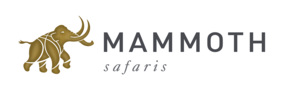
This Itinerary is disabled. Please contact the itinerary creator for more information.
Quintessential African Safari - 9 nights
9 Nights
Ghana, Nairobi, Livingstone and Eastern Hwange National Park

This Itinerary is disabled. Please contact the itinerary creator for more information.
9 Nights
Ghana, Nairobi, Livingstone and Eastern Hwange National Park